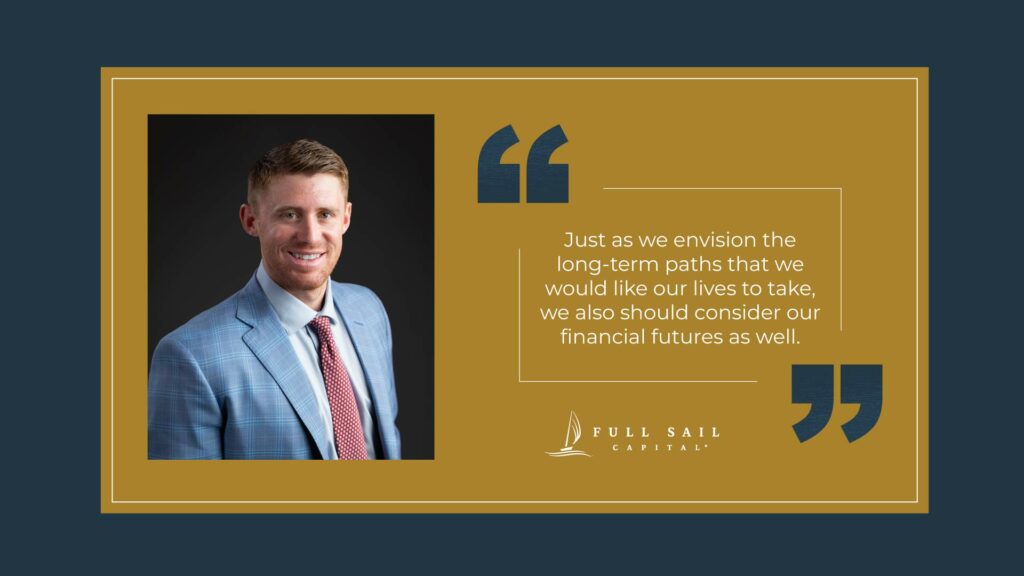We all know about the stages in life, but it’s sometimes easy to overlook the fact that we live through stages in our financial lives as well.
That starts with our first job, probably in high school, and it continues as we begin our careers, then get married, purchase a home, start a family, put children through college, plan for retirement and so on. Our lives and our financial lives tend to blend, so we frequently overlook the difference between the two.
But there is a difference. And just as we envision the long-term paths that we would like our lives to take, we also should consider our financial futures as well. We should consider things like savings strategies, investment strategies, college savings plans, tax strategies, retirement planning, estate planning, and legacy planning.
And it’s never too early to start, because there are plenty of people who have started later in life, and they’ve ended up saying, “I wish I knew then what I know now.”

Technology has driven industry changes that have made financial information and resources more widespread and accessible, opening the door for more people to invest, often encouraging saving and investing at younger ages – which is great. And you can read about the differences between a traditional IRA and Roth IRA, nuances of pre-tax 401ks or Roth 401ks, which investments create income tax, and which are taxed at capital gains rates, etc. all day long, but how will you know which is right for you and your situation?
Planning is different than investing, and regardless of the point in a person’s financial life, it’s a good idea to talk to a financial advisor about savings strategies, investment vehicles, tax liabilities, and ways to mitigate future taxes. Financial education is important, and people should seek out financial professionals who are genuinely interested in learning about their needs, goals, objectives, and what keeps them up at night. Ideally, people can walk away from these conversations with more peace of mind and a better understanding of the value that a trusted advisor can often bring.
It’s easy to get complacent with how we are saving and investing now. But before investors and savors get too far down the road, they should reach out to a professional who can help guide their path with transparency and integrity, so they won’t end up like so many others proclaiming the age-old mantra.
“I wish I knew then what I know now.”
